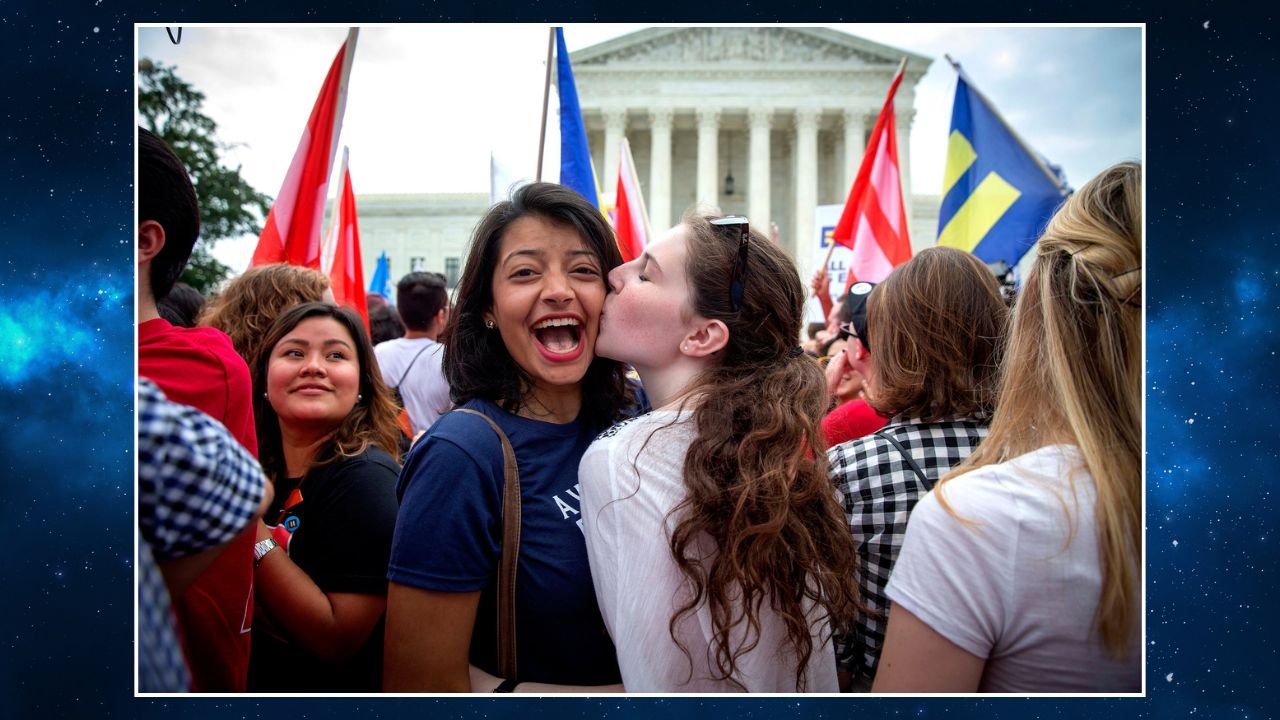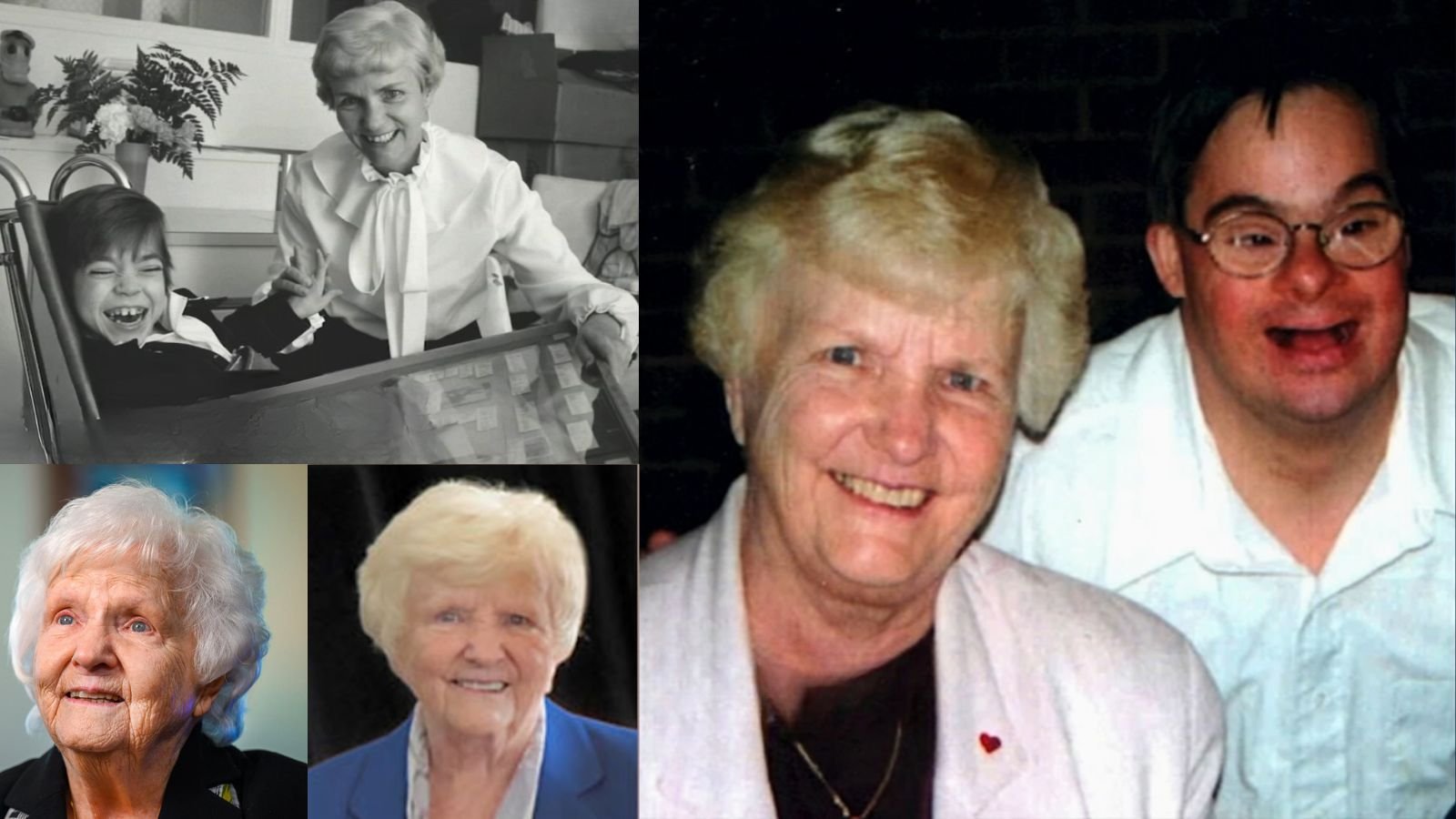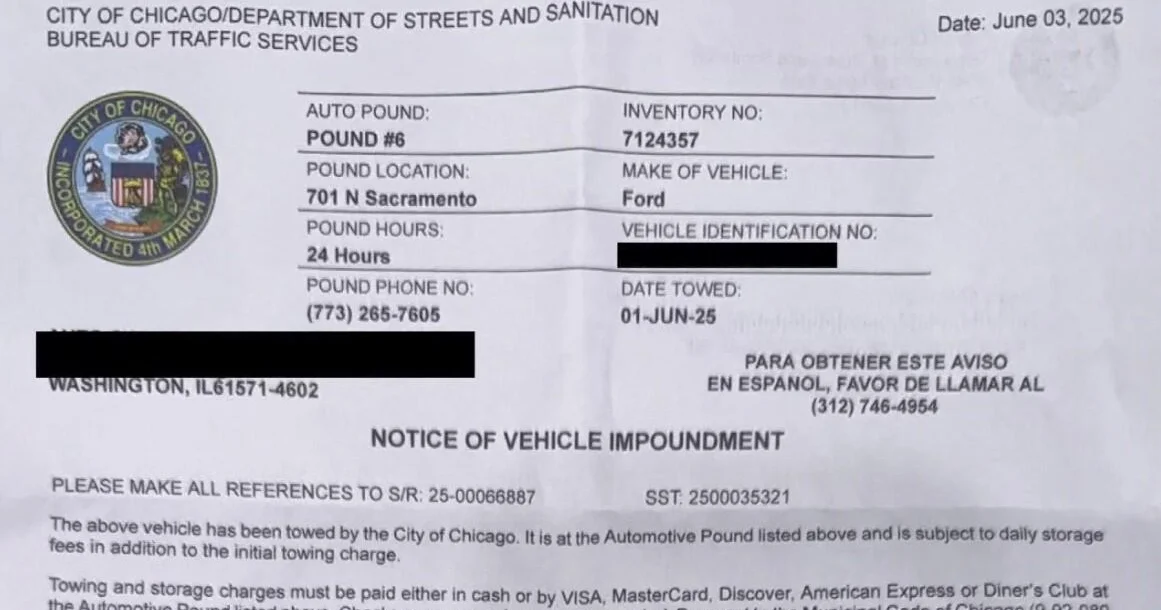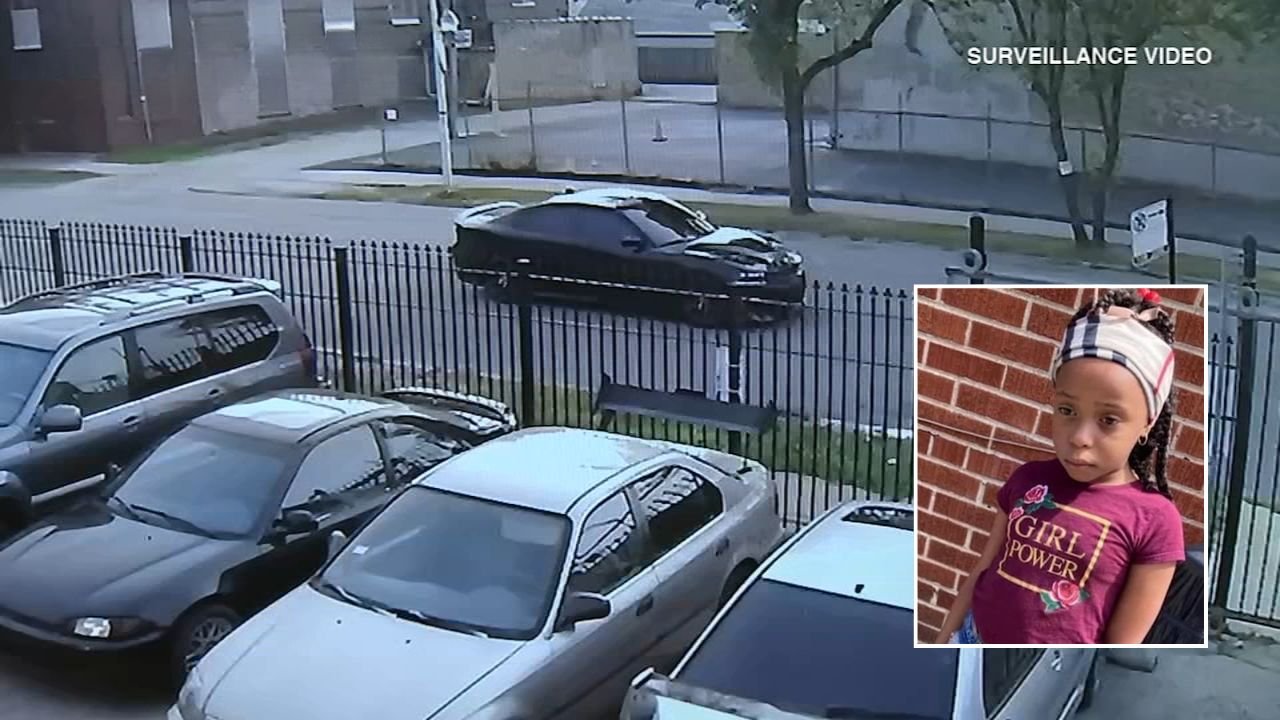CHICAGO — Ten years after the U.S. Supreme Court’s landmark Obergefell v. Hodges ruling legalized same-sex marriage nationwide, LGBTQ+ advocates and legal experts warn that the decision’s future is far from secure. The concern comes amid increasing conservative legal challenges and shifting court dynamics.
Anniversary Comes With Mixed Emotions
The June 26, 2015 ruling marked a major civil rights victory, granting marriage equality to millions. But in 2025, as the 10th anniversary approaches, activists say the tone is more cautious than celebratory.
“There’s no doubt Obergefell changed lives,” said Camilla Taylor, a Chicago-based civil rights attorney with Lambda Legal. “But right now, we’re in a moment where no civil rights precedent feels untouchable — especially with this Supreme Court.”
Taylor and other advocates point to recent judicial decisions, such as the overturning of Roe v. Wade, as indicators that long-standing rulings could be reversed or weakened by the court’s conservative majority.
Growing Legal Anxiety Across the Country
Advocacy organizations say anti-LGBTQ+ legislation introduced in multiple states has stoked fears that marriage equality could face erosion — not through a single sweeping decision, but through slow chipping away of protections.
Some states have introduced bills challenging spousal rights, parental status, and adoption access for LGBTQ+ couples. Others have pushed to revive dormant state laws banning same-sex marriage, potentially setting the stage for federal challenges.
“What we’re seeing is a movement to reframe the conversation — from rights to religious exemptions,” Taylor said. “And those battles can be just as damaging.”
Public Support Remains Strong
Despite the legal uncertainty, national polls continue to show strong and growing support for same-sex marriage. According to a 2023 Gallup survey, 71% of Americans back the right of same-sex couples to marry — up from just 60% at the time of the Obergefell decision.
Still, advocates worry that public sentiment alone won’t stop legal backpedaling.
“It’s like we’re building on sand,” said Taylor. “Unless marriage equality is codified into federal law — and backed up by legislative protections — it remains vulnerable.”
Chicago’s Role in the Movement
Chicago has long been a hub for LGBTQ+ activism and legal advocacy. Lambda Legal and other organizations based in the city played key roles in the Obergefell case and continue to represent LGBTQ+ clients facing discrimination across the Midwest.
Several Pride Month events in Chicago this year are expected to include not only celebration but urgent calls for renewed vigilance and policy protections. A special panel discussion hosted by Equality Illinois will examine the threats to marriage equality and what local residents can do to safeguard rights.
Looking Ahead
While the Biden administration has supported LGBTQ+ rights and signed the Respect for Marriage Act in 2022 — which requires states to recognize same-sex marriages — legal experts say it’s not enough to make the right permanent.
“The law can change again,” said Taylor. “What we need now is the political will to cement equality in ways the courts can’t undo.”
How do you feel about the future of marriage equality in America? Join the conversation on ChicagoSuburbanFamily.com.











